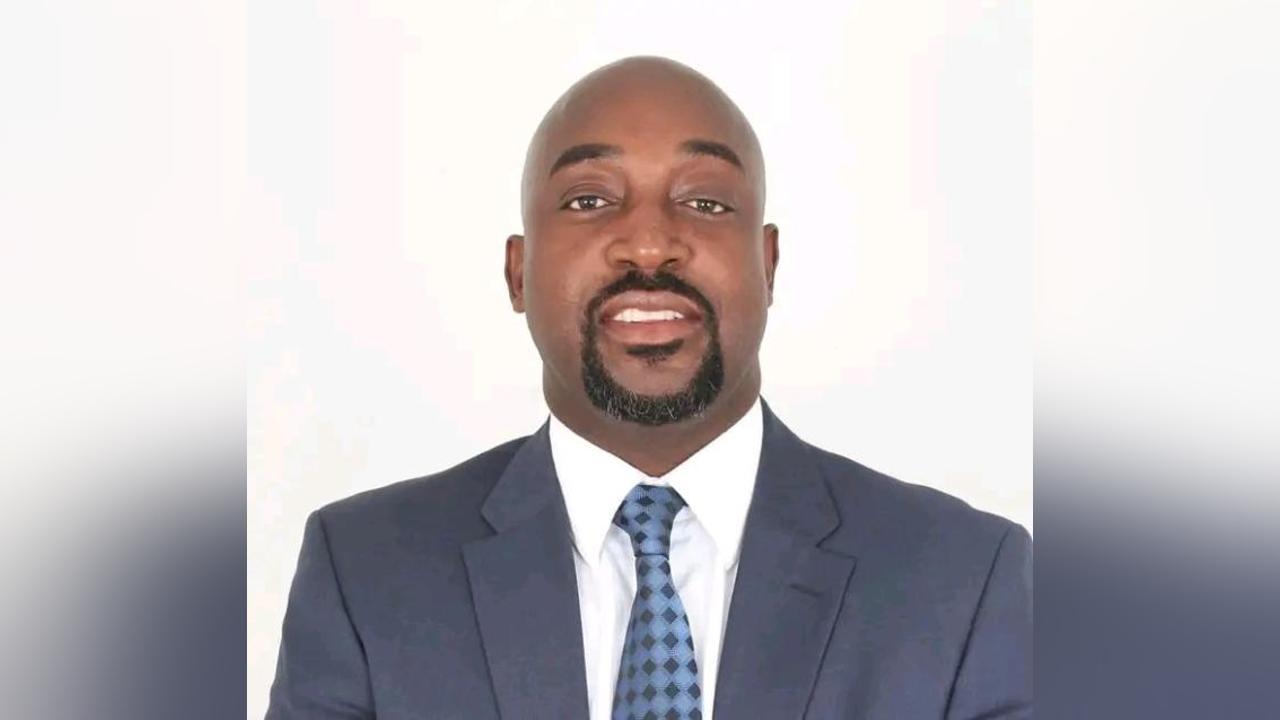Africa-Press – Zambia. In the complex and often turbulent arena of politics, the call for a leader with a proven track record of solving tangible problems is growing louder. As Zambia looks toward the 2026 general elections, one name is being floated not for his political rhetoric, but for his decades of hands-on, engineering-grade problem-solving: Brian Mushimba.
Trained in the USA as an engineer by the Government of Zambia via a meritorious ZCCM scholarship, Mushimba is not a career politician. He is a seasoned professional who has spent the bulk of his 25-year career in the private sector, tackling some of the most difficult challenges in the critical electricity supply chain. His potential candidacy represents a compelling argument: that the skills needed to run a nation in crisis are the same as those needed to run a complex engineering project—precision, accountability, and a focus on deliverable results.
A Career Built on Solving Africa’s Core Challenges
Brian Mushimba’s resume reads like a blueprint for national development. His professional journey has equipped him with a unique and practical skill set:
· Powering Grids: At Siemens Power Generation in the USA, he was instrumental in designing, project-managing, and commissioning approximately 10,000 MWs of new electricity generation onto the North American grid. This experience in adding massive baseload power is directly applicable to Zambia’s own energy deficits.
· Local Industrial Optimization: As Engineering Manager at Lafarge Cement in Chilanga, he was responsible for optimizing a major industrial asset, gaining firsthand experience in managing and improving Zambian industrial operations.
· Technical Leadership: His role as an expatriate Technical Director at Eskom and later as Managing Director at Algonquin Power & Corp in Canada provided him with high-level executive experience in managing large utilities, stabilizing grids, and overseeing development pipelines.
· Pan-African Energy Development: As the current CEO of Great Lakes Africa Energy (GLAE), which owns Ndola Energy, he is actively involved in developing energy projects across the continent, giving him a broad perspective on African infrastructure and investment.
A Proven, Though Brief, Political Track Record
Mushimba is not entirely new to the halls of government. His tenure as Member of Parliament for Kankoyo and Cabinet Minister demonstrated his ability to transition his skills to the public sector. As Minister of Transport and Communication, he was a key figure in the relaunch of Zambia Airways, a landmark national project. His understanding of major infrastructure development, coupled with his private-sector discipline, likely contributed to the advancement of this and other strategic initiatives.
The “Engineer-in-Chief” Presidential Model
The core of the argument for a Mushimba presidency lies in a fundamental shift in leadership style. An engineer is trained to:
· Diagnose Problems Root-Cause First: Instead of treating symptoms, an engineer identifies the fundamental flaw in a system.
· Design Data-Driven Solutions: Decisions are based on empirical evidence and proven models, not on political convenience.
· Execute with Precision and Accountability: A project has a clear scope, a timeline, and a budget. Success is measured by its on-time, on-budget delivery.
Applying this methodology to national challenges—from load-shedding and economic diversification to public service delivery—could transform how government operates. The call to lead “like China” can be interpreted not as an ideological alignment, but as an admiration for China’s methodical, long-term, and execution-focused approach to infrastructure-led development—a approach an engineer like Mushimba is inherently equipped to understand and adapt for Zambia’s unique context.
The Road to 2026
While his candidacy has not been formally declared, the profile of Brian Mushimba presents a powerful alternative for Zambian voters. His career is a testament to a lifetime of preparing for the monumental task of national development. In a nation yearning for practical solutions over political promises, the man who helped deliver 10,000 MW of power and managed complex energy systems across the globe may just be the candidate who can help Zambia reconnect to its own grid of prosperity.
As the 2026 elections draw nearer, the question for Zambians may shift from “Who will lead us?” to “What kind of problem-solver do we need?”
For More News And Analysis About Zambia Follow Africa-Press







